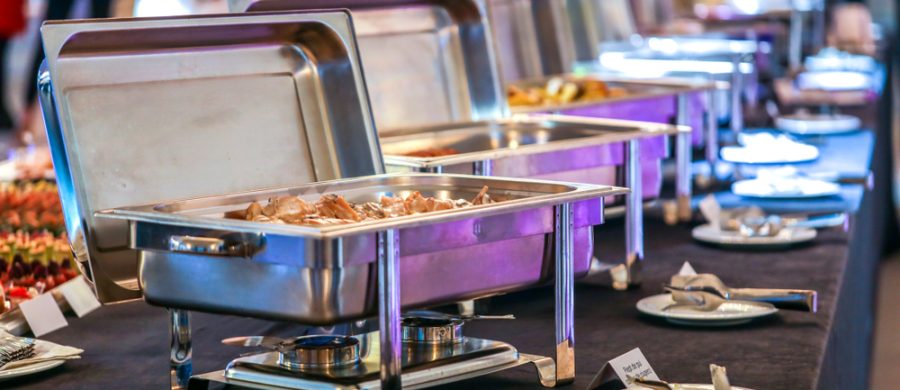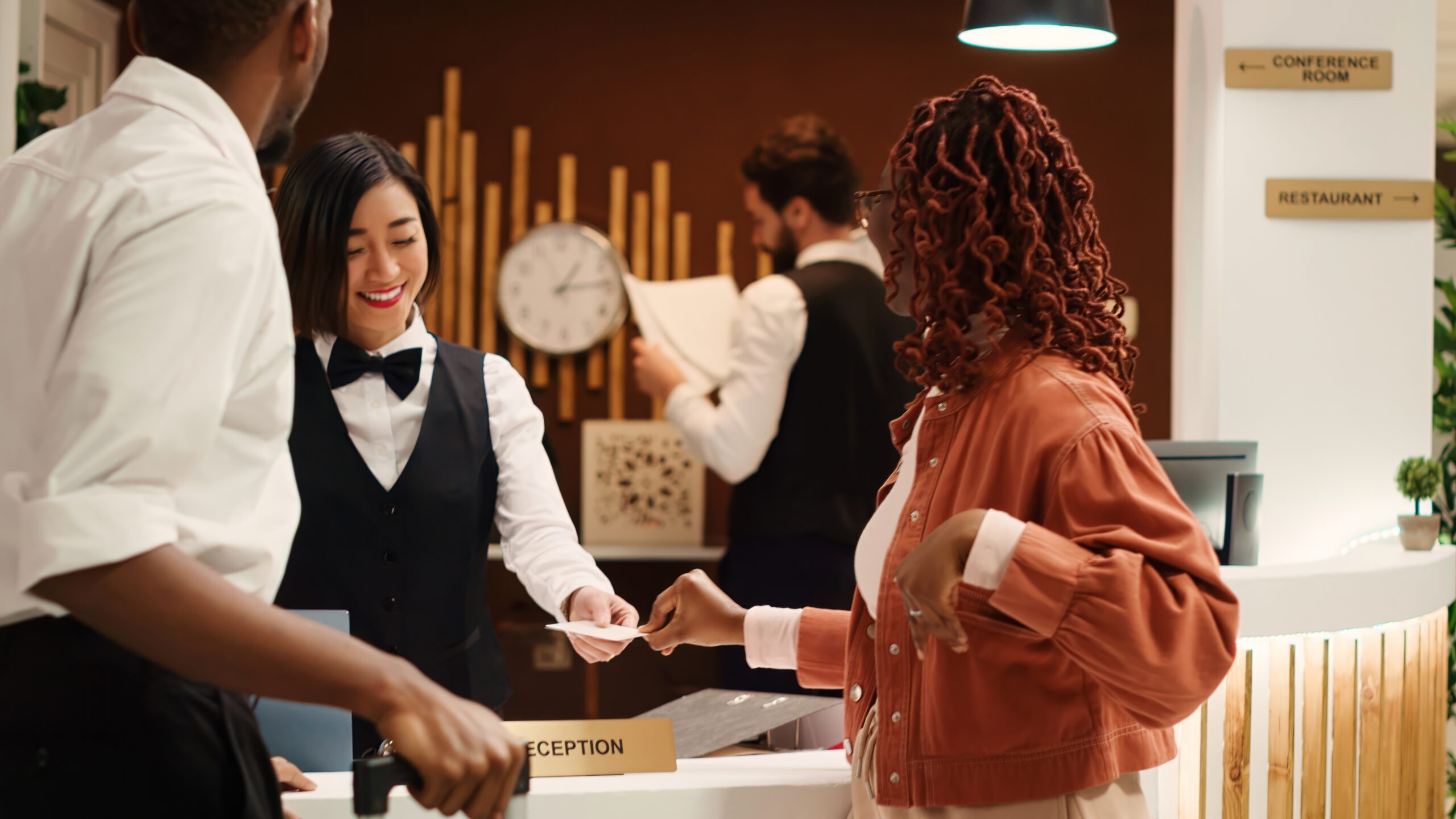How to Protect Your Catering Business Against Future Crises

The recent coronavirus outbreak has forced many organisations to rethink their entire business model.
Businesses who rely on the public have had to start doing things differently, and while some have risen to the challenge, others have found it more difficult.
In times of crisis, hospitality and catering businesses need influential leaders who can think and act fast to protect their assets.
No-one could have predicted the coronavirus outbreak, or it’s effect. Still, it has raised some serious questions about how hospitality businesses can survive when their lifeline – public interaction – is restricted.
With this in mind, what can your catering business do to protect themselves and futureproof their businesses against future crises?
Here are five essential strategies that will help.
1. Identify Catering Business Risks Now
All business owners have a part of the business that they aren’t 100% confident with; whether that’s knowing that your suppliers could be better, your staff need some additional training or that you are heavily dependent on one or a few members of your team.
The coronavirus outbreak has exposed the weak links in many hospitality and catering businesses, such as not having a flexible, dedicated team in place, not reacting fast enough to public need and not taking the initiative in times of significant change.
Only the strongest, most confident businesses will survive through times of crisis, so make sure that there aren’t any outstanding problems within your business that need attention – deal with them now.
2. Don’t Depend on One Part of Your Catering Business Heavily
Futureproofing all comes down to thinking about what else your business can offer.
In times of crisis, the general public will always need something. Whether that’s food, drink, other supplies or services, and times of crisis is when these things tend to dry up.
Even in countries where there have been the most stringent measures brought in to stop people socialising, such as the lock-down situations in Spain and France, people still need supplies. And it is your job as a catering organisation to provide that for them, even if it means changing your business model.
Be aware that you might need to start offering products and services that you don’t currently – be prepared to be flexible and enterprising.
3. Offer To-Go
Take a look at the way some restaurants and cafes have reacted to the global pandemic. The government has advised against spending time in public – so they closed eat-in sections and offered takeaways only. This might have seemed unthinkable to some establishments just a few months ago, but many have been forced to react to accommodate the government’s guidelines.
Going forward, make sure you have a plan to allow for ‘to-go’ or delivery services in times when people aren’t able to spend too long in public, or when they need service on their terms.
4. Be Community-Wise
As a catering business owner, your competitors are a presence that is always on your radar, but usually in a non-collaborative way.
But if there’s one positive that businesses can take from the COVID-19 outbreak, it’s the way that communities have pulled together to help each other out.
Small businesses have begun to look out for one another, rather than competing from the same small pot of custom.
Social media has been instrumental in helping smaller businesses, with communities pulling together to encourage regular customers to buy gift cards instead of going out. Businesses and customers have also been sharing online what others in the local area have been doing to help those affected by the outbreak and helping each other out where they can.
In challenging times, remember to stay active and positive in your local online community, as this will provide a strong support network for you.
5. Be Flexible with Working Arrangements
Of course, hospitality and catering is one sector which struggles to offer work from home opportunities given the substantial customer-service nature of the industry.
But it’s time to think outside the box. Are there any admin or marketing employees who would be able to work from home with a few alterations?
Changing people’s rotas, regular working times, job roles and even where they work is a distinct possibility in a time of crisis.
Have a plan that shows which members of your team can be flexible, and communicate with them at all times if their regular working schedule is likely to change.
Finally
The COVID-19 outbreak has caused widespread disruption in the UK and globally, but out of every negative situation, there are positives to be drawn.
There are currently no new cases being reported in China, where the outbreak started, which means that the UK is around two months behind. With most of the public closures already in effect, that means that there is the possibility of a further few weeks of disruptions before things get back to normal.
From every downturn, the economy comes back more robust, and especially in easily influenced sectors such as hospitality.
If you are currently scaling back due to the coronavirus outbreak, now is the perfect time to think about how your business is going to come back stronger once it’s over – whether that’s with a new strategy or a change to your team.
If your business changes and your staffing needs are going to be different after the coronavirus outbreak has settled down, we are here to help. We can provide you with permanent or temporary staffing solutions for your catering or hospitality business – call us on 0121 702 1428 or get in touch with us today if you need to discuss your options going forwards.
Thanks,
Dawn


